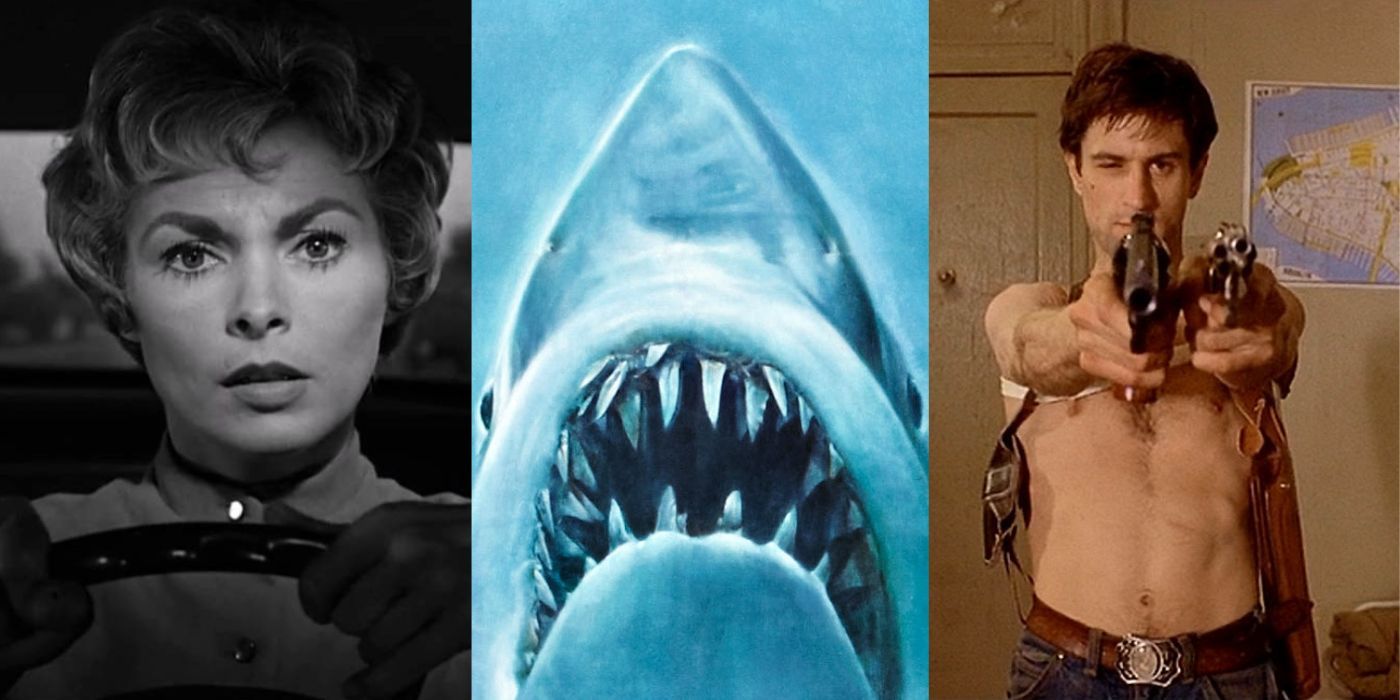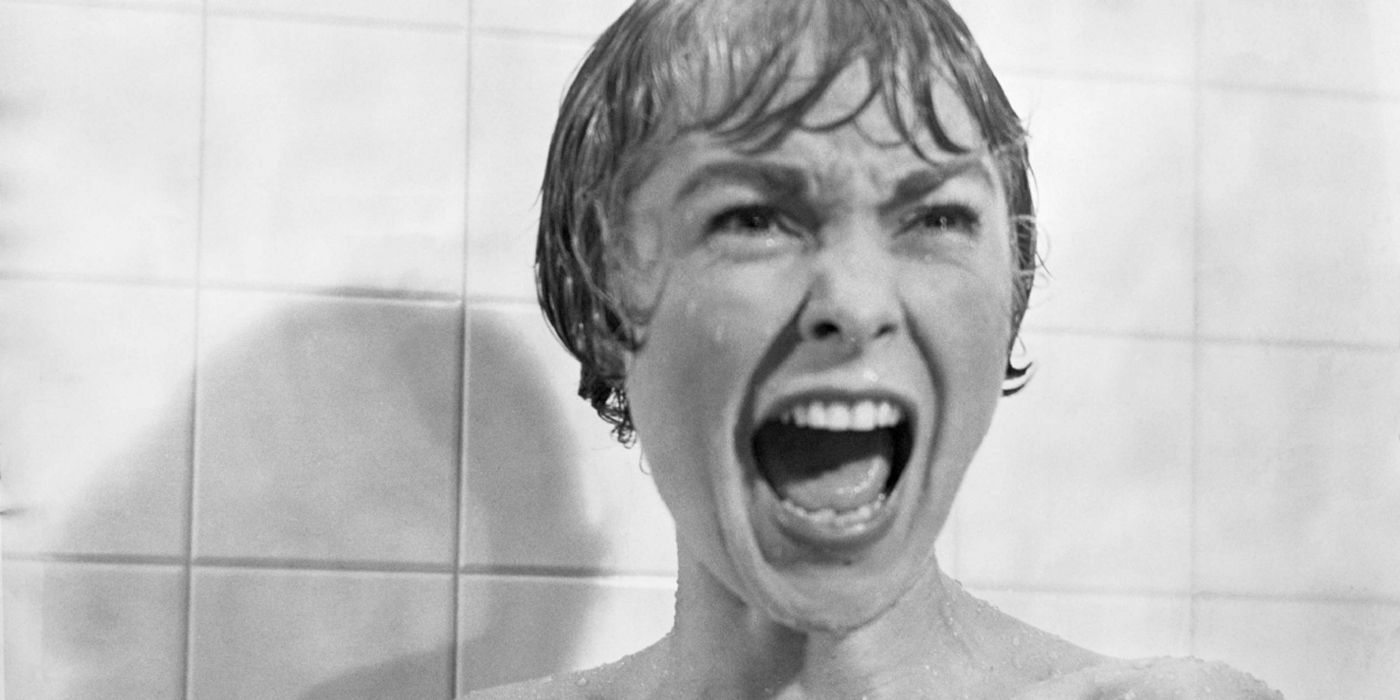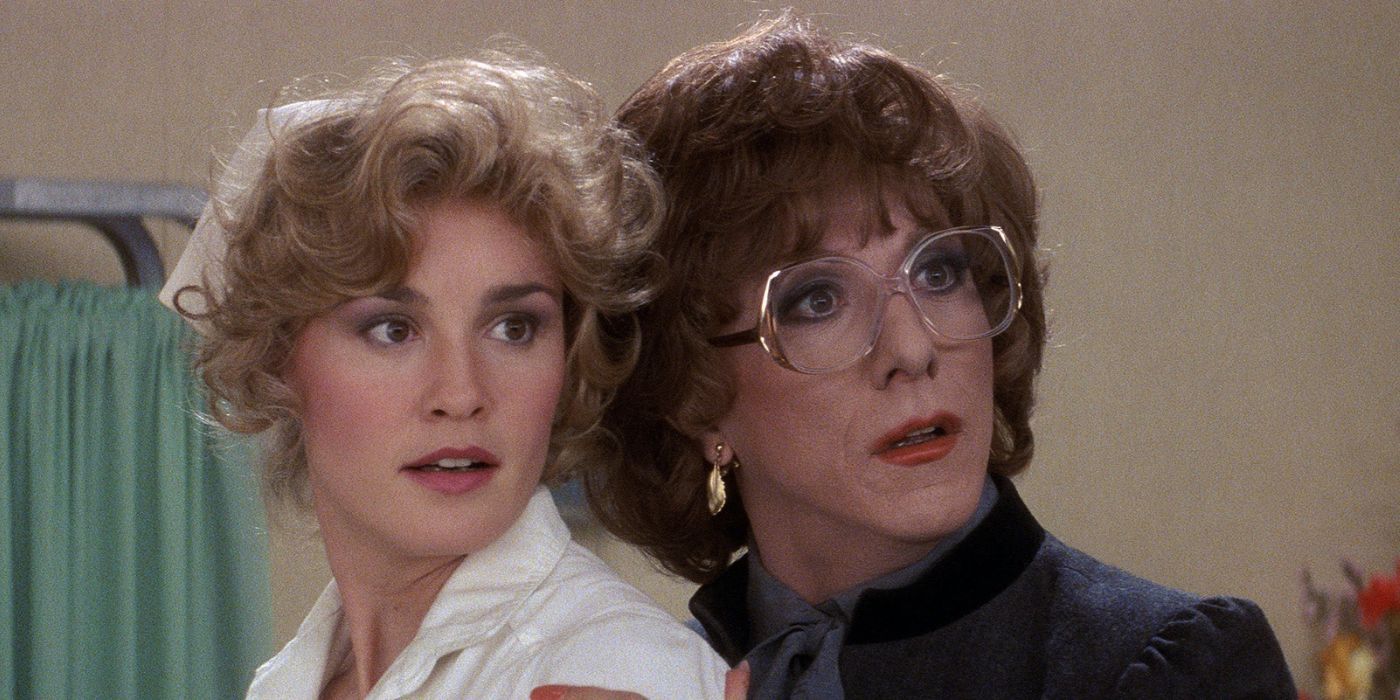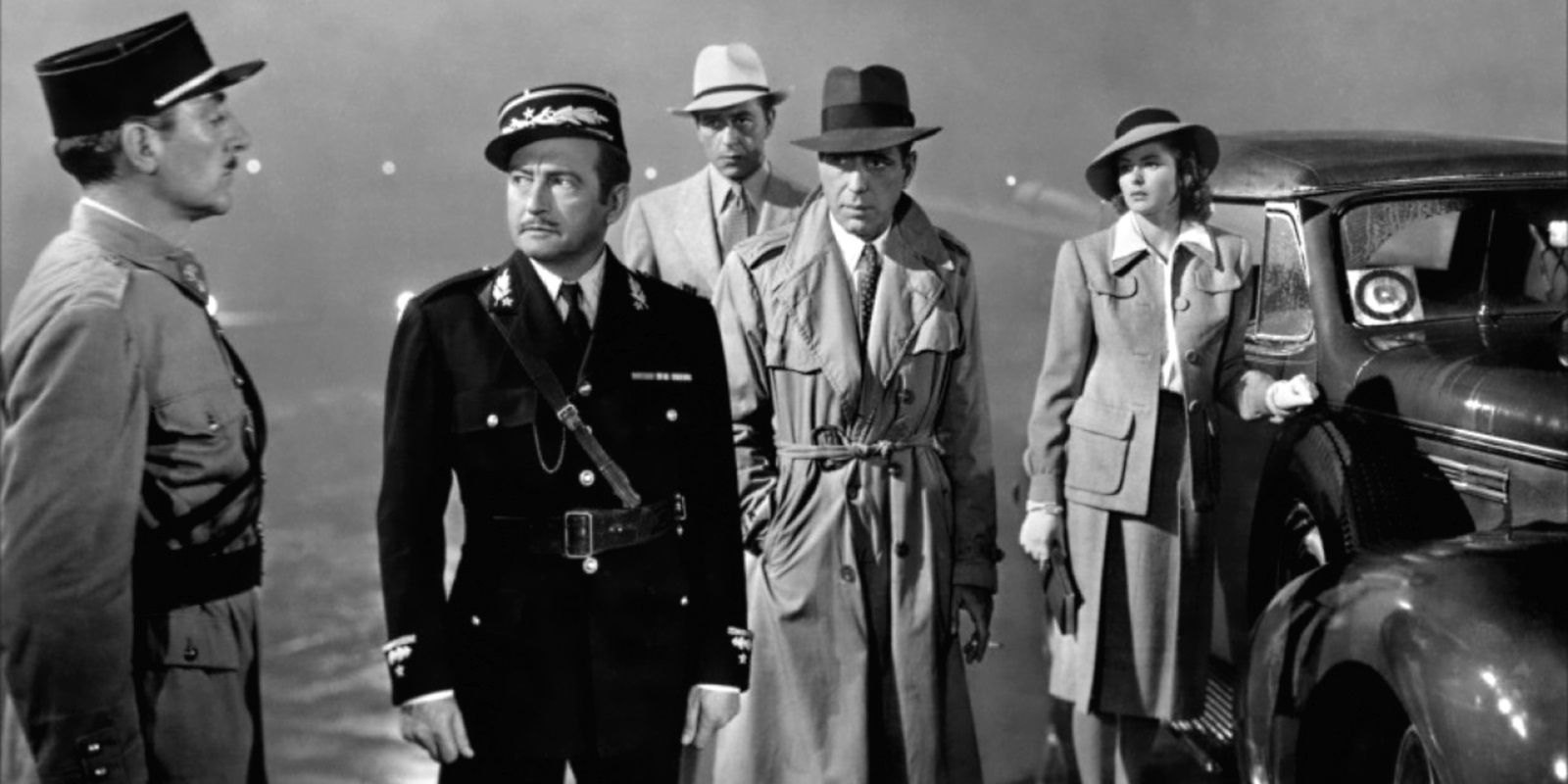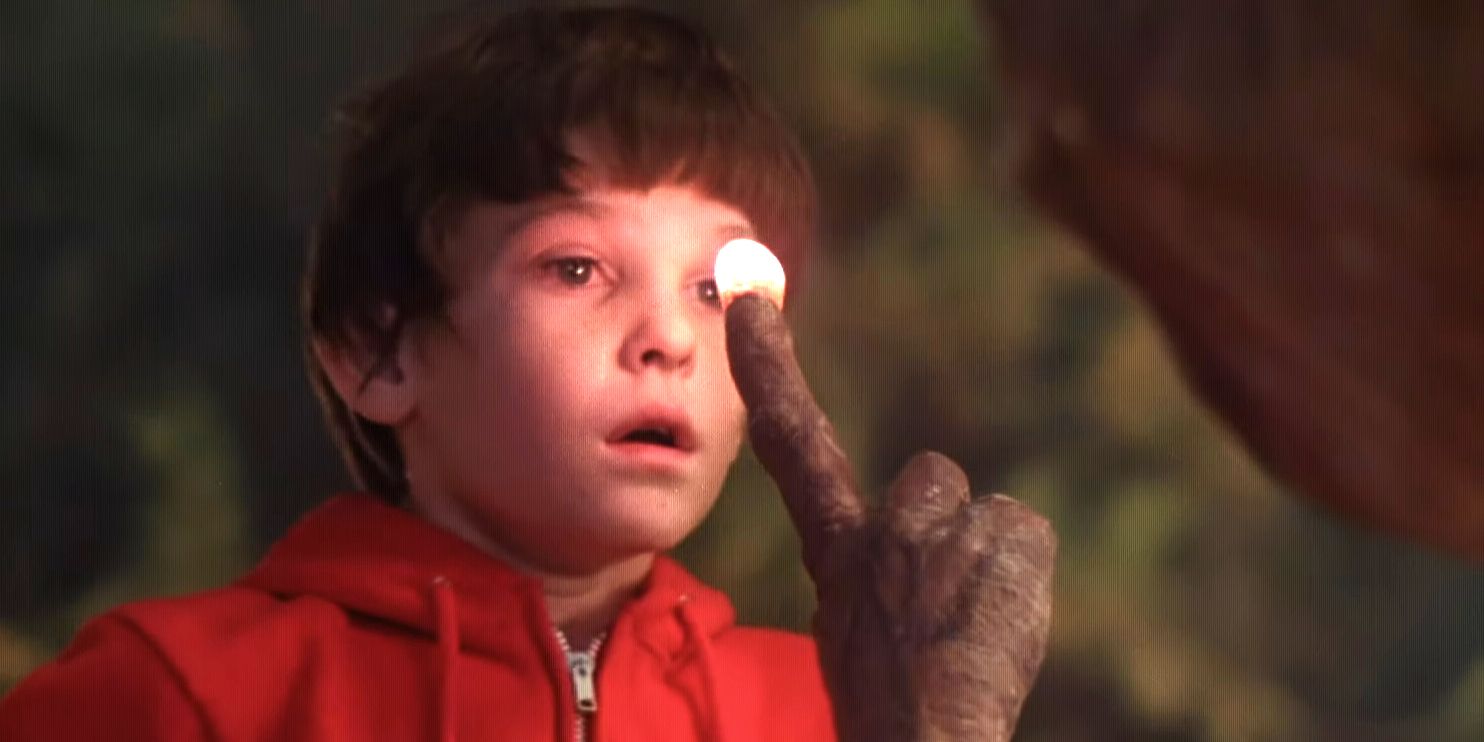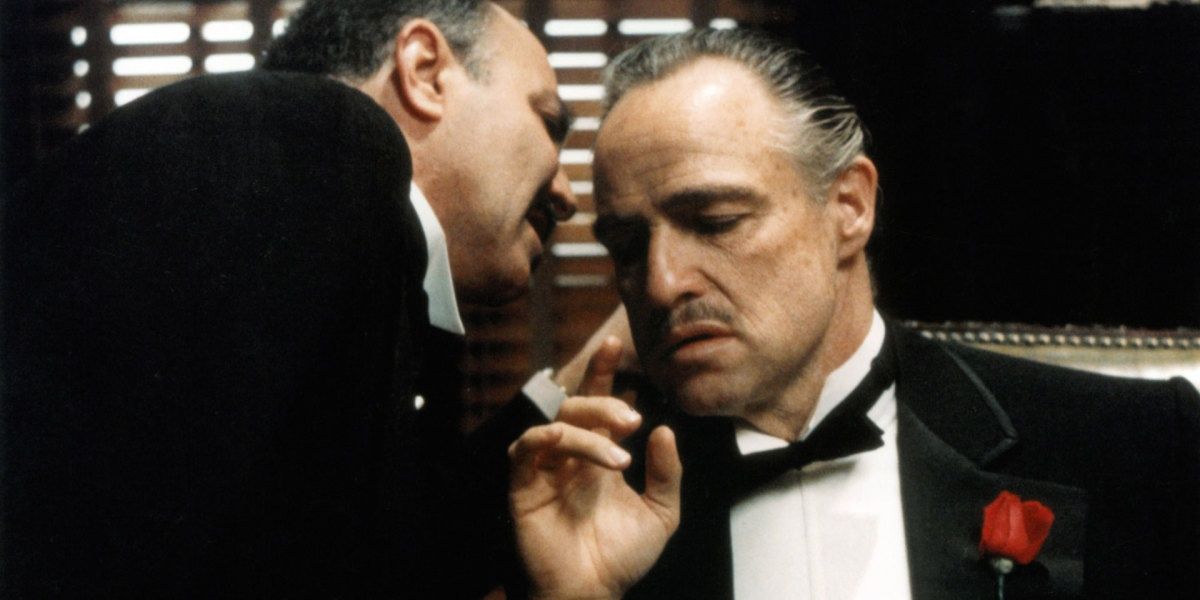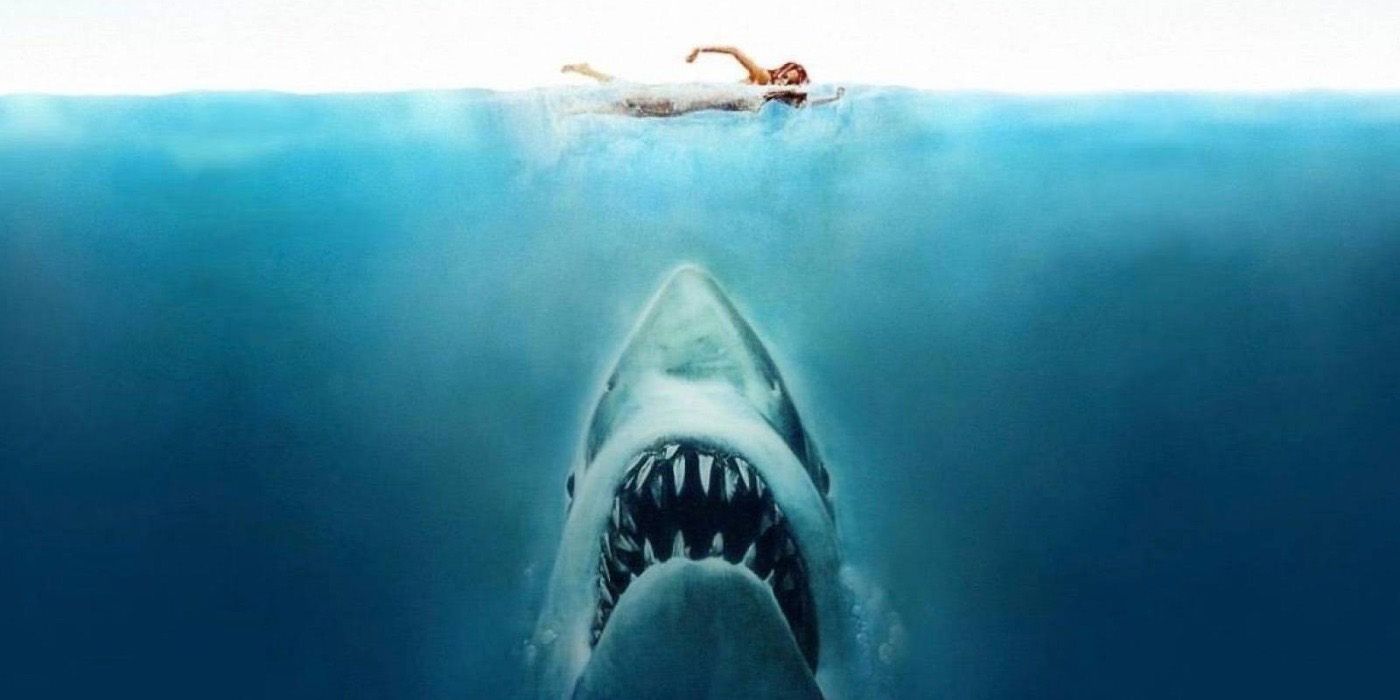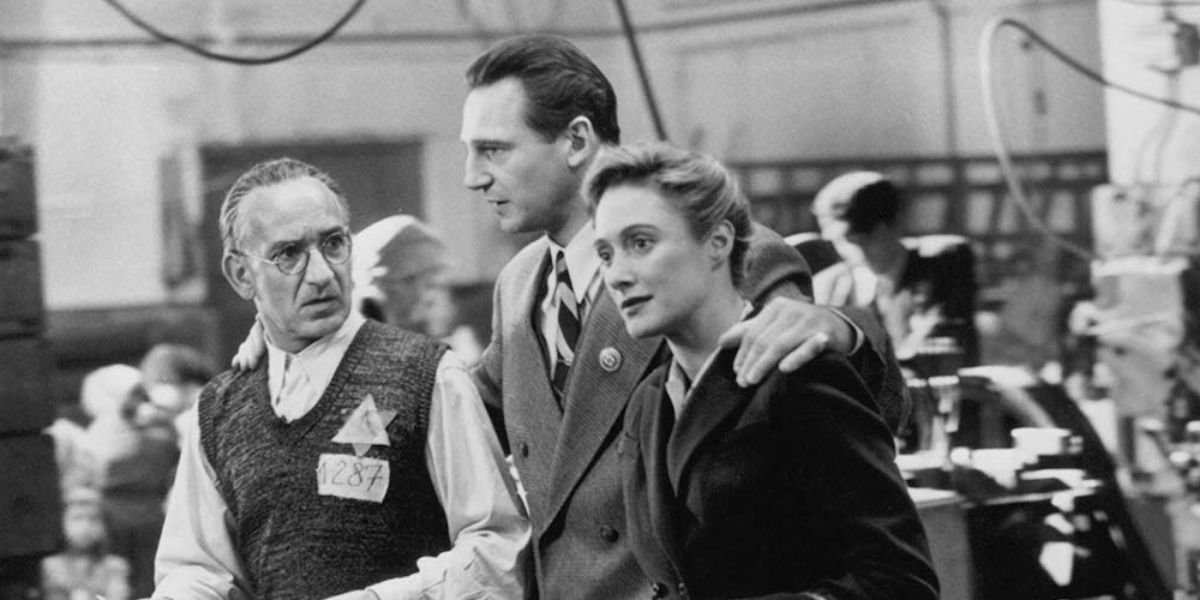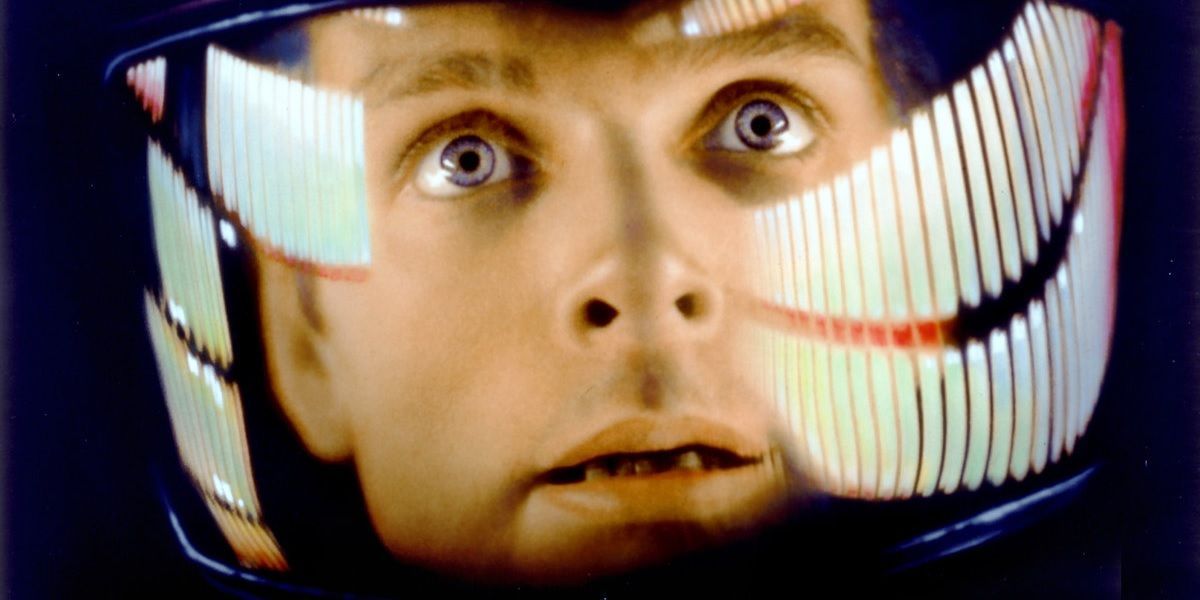Whether die-hard fans like it or not, the reboot of The Exorcist is officially set to arrive on October 13th, 2023. The film will be part of a new trilogy, continuing a Hollywood trend that seeks to reboot classic films in a bid to re-capitalize on past triumphs. The formula isn't always successful, but studios aren't backing down thanks to a handful of notable successes, like any DC movie and the Planet of the Apes series.
Whether Casablanca or Taxi Driver, some classics don't lend themselves to being rebooted. Obviously, anything can be rebooted if the quality isn't a concern, but in terms of trying to re-capture or maintain the original appeal and integrity of a film, the classics on this list remain fiercely un-rebootable.
Psycho (1960)
One of the crowning achievements from cinematic legend Alfred Hitchcock, Psycho was a heist film turned horror masterpiece that audiences of the 1960s simply weren’t ready for. The film’s final reveal of motel owner Norman Bates having taken on the personality of his dead mother and committing several murders is still unsettling today.
Psycho was released, at a time, when it was common for audiences to walk into screenings at any given moment (via The Hollywood Reporter). According to CBR.com, Hitchcock banned this from Psycho’s screenings and urged audiences not to reveal the film’s twist to anyone who hadn’t seen it. This created a buzz around the film, which couldn’t be repeated today, thanks to the internet and social media. The film was remade - shot for shot - in 1998, but this is different from a reboot.
Tootsie (1982)
This Sydney Pollack comedy was nominated for ten Academy Awards - winning one - and starred Dustin Hoffman as a struggling actor who decides to dress as a woman in order to get a role. By today's standards, the film enters into sensitive subject matter, despite its attempts at playing itself off as a source of female empowerment.
Clearly, a film like this couldn't be rebooted today. To do so would risk alienating or offending a large percentage of the population, regardless of which gender or identity the character was portraying. The negatives far outweigh any potential positives, especially at a time when a fierce debate continues to rage over whether actors who aren't within the LGBTQ+ community can or should be permitted to portray such characters.
Casablanca (1942)
Few films are consistently referenced and acclaimed as Michael Curtiz’s 1942 hit, Casablanca. The film takes place during World War II in a Moroccan nightclub and focuses on American Rick Blaine (Humphrey Bogart) as he struggles with the return of his ex-lover Ilsa Lund (Ingrid Bergman) and her husband.
For starters, Casablanca was filmed and released during World War II, so this added a sense of realism to the film that today’s audiences simply can’t relate to. The film is so revered that its fanbase would likely view a reboot as sacrilege, while younger audiences aren’t a viable demographic to find interest in a new version.
E.T. the Extra Terrestrial (1982)
Steven Spielberg created fond childhood memories for an entire generation with the release of 1982’s E.T. When a young boy called Elliot discovers an errant alien, an extensive adventure to safeguard the return to his home planet is undertaken. The film won four Oscars and further solidified Spielberg’s status as a master filmmaker.
The achievements behind E.T. simply couldn’t be replicated by a reboot. Spielberg’s career was skyrocketing during this period, and there had yet to be a film that so aptly covered an alien aspect and introduced a family element. The film also has a wholesome quality to the story that worked at the time, which may not be replicable today.
The Godfather (1972)
Considered by many to be the greatest film ever made, Francis Ford Coppola’s The Godfather is a richly detailed portrait of a Sicilian-American crime family. The film is responsible for launching Coppola’s filmmaking career in a big way, along with raising the profiles of Al Pacino, Diane Keaton and the late James Caan.
In short, The Godfather is truly one of a kind, as the performances were so tremendous and powerful, derailing any possibility of a second attempt at the saga. Beyond this, the film single-handedly formed the standard for the mafia genre, though past gangster-era films have found success at the box office. It defined an era of Hollywood that no longer exists and to which there’s, unfortunately, no returning.
Jaws (1975)
The film responsible for the creation of the summer blockbuster, Jaws blew audiences away upon its release in 1975. Its story focuses on a Cape Cod beach terrorized by a giant Great White shark. Aside from bagging three Oscars, Jaws made an entire generation think twice about stepping into the sea.
Aside from its practical effects - which audiences had never seen the likes of - Jaws also introduced a type of horror film that was never been made before. This ensured it was a spectacle but one with a solid story in the hands of a formidable filmmaker. There have been many emulators in the years since Jaws was released, but none will ever match it.
Titanic (1997)
James Cameron’s epic love story about the sinking of a luxury passenger liner - the RMS Titanic - was a monumental hit when it arrived in 1997. Capitalizing on the dual heartthrob status of Leonardo DiCaprio and Kate Winslet, the film was beloved by a wide demographic, making it the highest-grossing film of all time for 12 straight years.
The problem with attempting to reboot Titanic is that it’s already an overstuffed James Cameron epic. As a result, any attempt to make it bigger would be far too much and scaling it back wouldn’t be enough. In addition to this, the frenzy of intrigue around the Titanic after the film’s release somewhat exhausted the topic, making a return to the subject matter unworthy of the time or effort required.
Schindler’s List (1993)
Steven Spielberg’s exploration of German industrialist Oskar Schindler and his efforts to keep over a thousand Jewish refugees from being exterminated in Nazi concentration camps was a harrowing, tragic work of art. The film took home seven Oscars and showed the world a portrait of hope in what was an otherwise unfathomable time of war and genocide.
Because of the nature of the Holocaust, there is no alternate viewpoint to be explored. As one of the greatest filmmakers, Spielberg painstakingly recounted Schindler’s tale, meaning a reboot couldn’t add anything more. The cultural and historical impact of Schindler’s List means that there is no need for a retelling – the facts are already clear.
Taxi Driver (1976)
Martin Scorsese created a strange, volatile classic when he set out to tell the story of Travis Bickle, a troubled Vietnam-vet whose days and nights are spent as a New York City taxi driver. Robert De Niro’s portrayal of Travis is hypnotic in its struggle to balance morality with immorality, and the entire film is a window into a New York City that no longer exists.
The New York of Taxi Driver is an indispensable aspect to the film’s entire character. The days of a NYC that felt as wild and unpredictable as it did in the late 1970s are gone, and no effects can replicate that. Also, the era of Uber and Lyft has completely altered the concept of ride hailing from what it was during Travis’ time.
2001: A Space Odyssey (1968)
As far as epics go, Stanley Kubrick’s 1968 masterpiece was decades ahead of its time. The film takes a deep look into the evolution of man and the technology human beings create. From the first hominids learning to start a fire to a future filled with space exploration and decisions regulated by computers, 2001: A Space Odyssey is an incredibly prescient achievement.
Because it was released so far in the past and looked so far into the future, it’s impossible to set another film at that time and make similar declarations. It’s clear how the future Kubrick was pointing to turned out, and the idea of computers that talk to humans or deep space exploration is no longer some fantastical vision. If a reboot looked from the present day to the future, the possibility of a loss of control and destruction at our own hands is well-established.

